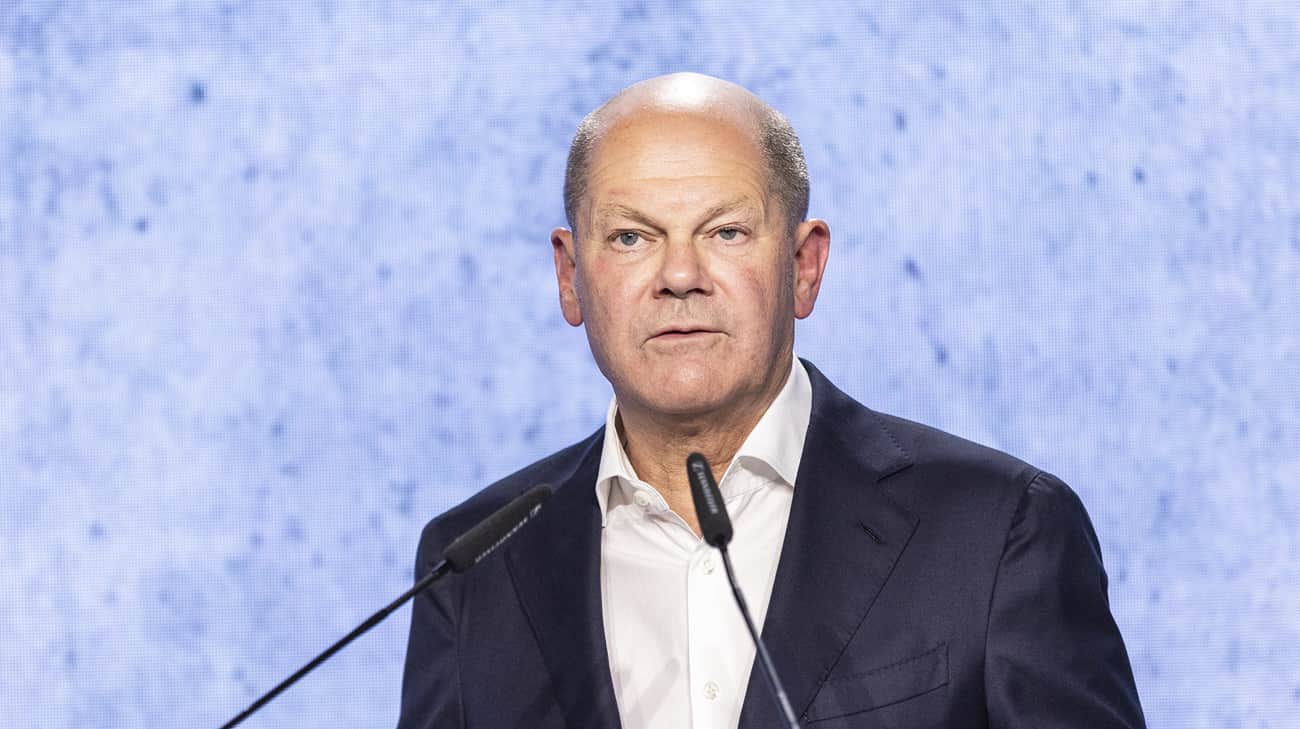Lime ‘ready’ for IPO, says boss
A Lime initial public offering (IPO) would come despite scrutiny over the sturdiness of the micromobility sector's finances.


E-bike hire firm Lime is “ready” for an IPO should the market for listings improve, its chief executive has said.
Wayne Ting, who has led the rapidly growing company since 2020, is mooting a float on the New York Stock Exchange after Lime turned a profit for the second consecutive year in 2023.
“I think Lime is ready, but the IPO market is largely shut. So we’re still waiting for better conditions,” Ting told The Sunday Times in an interview.
Ting’s upbeat remarks come as other companies in the sector have struggled.
Lime rival Bird, which became the fastest start-up to reach a $1bn (£774m) unicorn valuation, went bust last year, while Berlin-based Tier has cut nearly a quarter of its workforce over the last year.
Lime has bucked the trend, however, reporting an underlying profit of $97m (£75.1m) last year amid record global ridership. Some 12m trips were taken on its e-bikes between January 2019 and March 2023, with usage growing by an average of 10 per cent each month.
The speed of its expansion has come at a cost though. In London, the firm has faced mounting scrutiny over the increasing number of abandoned e-bikes, which can block pavements and cause particular problems for wheelchair users or partially sighted people.
Brent Council in September threatened to remove all Lime bikes from its streets amid the safety concerns.
In an interview with City A.M. in June, the head of Swedish start-up Voi claimed the group had “taken shortcuts” to the benefit of “scaling and making money.” Voi’s boss also drew comparisons with Uber, which was itself an early stakeholder in Lime and led a $170m (£132.9m) investment round in the firm in 2020.
The ride-hailing giant was heavily criticised under the leadership of former boss Travis Kalanick, who led its aggressive expansion worldwide.
It is a criticism Ting, who previously served as Uber’s general manager in San Francisco, denies.
“We learnt a lot of bad lessons from Uber,” he said. “I remember one of the things they used to say was, ‘We win at all costs.’ Really? All costs? There’s no line that you will not cross, no ethics that you’re not willing to violate to win?”
At Lime, he added: “We see regulators as our partners. Before we go into a city, into a borough, we sit down with them… that is different from early Uber by a lot.”



